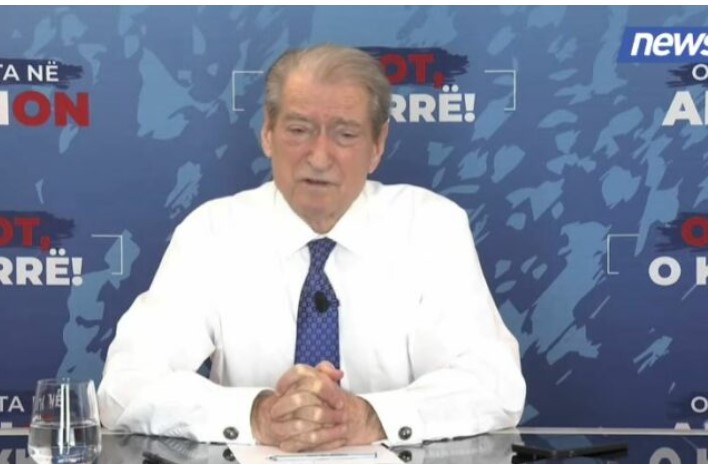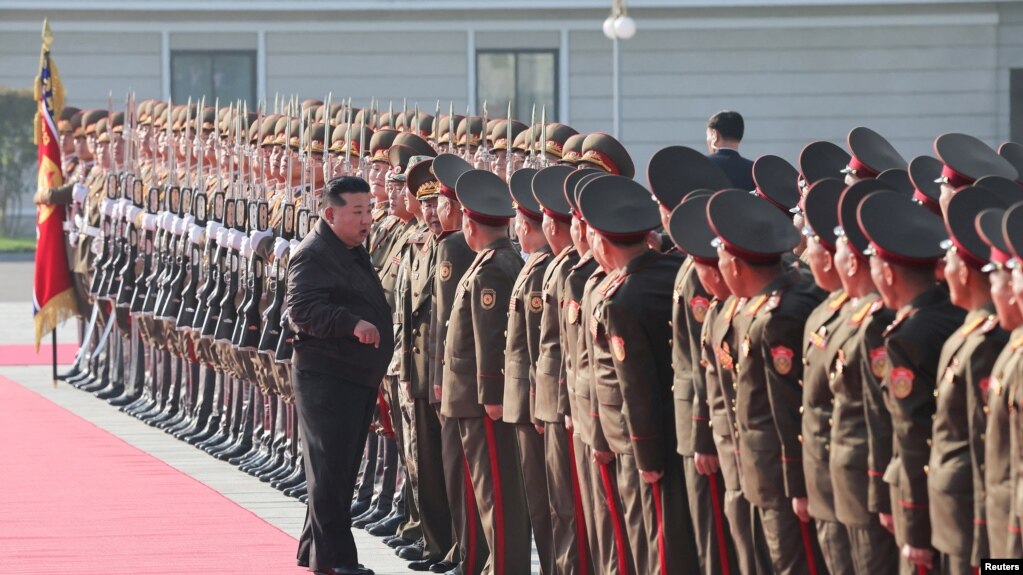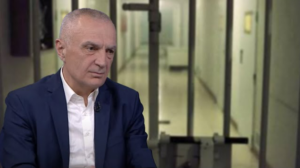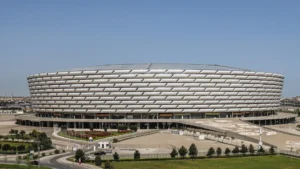China boosts investment in Central and Eastern Europe
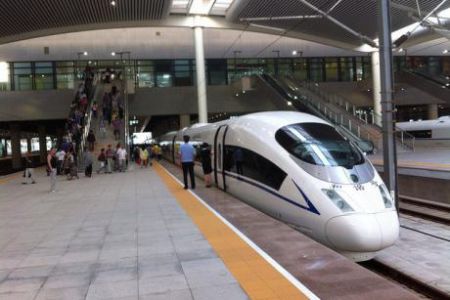
At the third summit of Central and Eastern Europe (CEE), held in Belgrade on 16 and 17 December, China announced new funds and ventures with the region, stressing that the cooperation will be in line with European standards. Some see the strengthening of cooperation between China and Central and Eastern European countries as the making of a new “Silk Road,” while others believe it is a way for the Chinese to further their presence in the greater EU market.
From the perspective of countries of the CEE, what should be enabled first with one of the world’s leading economies is investment, which is necessary at a time of economic difficulty, in infrastructure and energy projects. Analysts, however, point out that it is questionable how profitable those projects are, given that they are carried out by Chinese companies with Chinese loans, although the loans are favorable.
Li: China and Europe natural partners
Chinese Prime Minister Li Keqiang said on 16 December, in the political part of the Belgrade summit, that the cooperation between China and the CEE countries will be by European standards and will be useful for European integration. Li voiced hope that the EU would give greater support to the cooperation, saying that China and Europe are “natural partners,” between whom there are “no fundamental problems,” in spite of the geographic distance.
Some analysts say there is “caution and reservations” in the European Union about China’s influence, bearing in mind the challenges the Union is facing, such as the crisis in Ukraine. “Europe is not too happy about Chinese goods coming to the European market in larger quantities via Southeast Europe,” said Serbian analyst Predrag Simić.
Focus on infrastructure
At the summit, the Chinese prime minister underscored that cooperation between China and the CEE countries can help both sides respond to global economic challenges, mentioning capital projects and investment in infrastructure as the most important forms of cooperation.
“Infrastructure and capital projects will be the models of our cooperation. China has increased capacities in high-speed trains, nuclear energy, telecommunications, steel and glass production, and the cosmetics industry, while the countries of Central and Eastern Europe must advance capital projects, including transport,” he added.
Li said that he hoped his country would be able to open factories in this part of Europe, which will produce the equipment, material and facilities necessary for the development of infrastructure in the region, which will create new jobs.
Central and Eastern European countries also agreed that there is a need and significant potential for cooperation with China.
"All participating countries are benefiting from this format of cooperation, which is developing dynamically. Roads, digital communications and other forms of communication make up the foundation of connection between Europe and China," said Latvian Prime Minister Laimdota Straujuma.
High-speed rail across the Balkans
Balkan countries are interesting to Chinese investors because they play a major role in transit. But less important to China are the infrastructure and roads leading into the heartland of the Balkans, which, however, is the region’s chief need.
As for concrete projects, the most discussed at the summit was the modernization of the Belgrade-Budapest railroad, which China, Serbia and Hungary signed agreements on at the meeting.
The modernization is to be completed in two years, and the railroad would later be extended to Skopje and further on to Athens. The railroad, as the Chinese prime minister stressed, would be part of a “land and maritime express line” between China and Europe.
Estimates say that the modernization of the Budapest-Belgrade railroad, which should shorten the trip from 8 to 2.4 hours, will cost between 1.5 billion and two billion euros. The parties involved are to determine the means of financing and prepare proposals on the matter by 20 January.
Chinese companies are already present in the Western Balkan market – the Chinese prime minister in Belgrade on 18 December opened a bridge on the Danube, built mostly by Chinese companies and financed by a Chinese loan, whereas Montenegro is building its first highway from the Adriatic to Serbia, with Chinese companies and a Chinese loan.
Other countries in the region have or want similar projects, such as Croatia, which is interested in modernizing the airport on the island of Krk, and expanding the capacity of the Osijek thermal pwer plant. However, China and Serbia managed to agree on the biggest number of projects, given that the Chinese prime minister remained, on a bilateral visit to Serbia, after the summit. The two countries signed 13 agreements and contracts, including the contract on a loan for the construction of a second block of the Kostolac thermal power plant, worth 608 million dollars.
Chinese companies, as the Serbian officials put it, have expressed the desire to take part in the privatization of 18 Serbian companies.
New Chinese funds for region
Beside the existing credit line for the CEE countries, China is planning to form a new investment fund worth three billion dollars, which will be available to said countries.
“The money from the fund will be used through public-private partnership and leasing arrangements,” said Li at the opening of the Economic Forum within the Belgrade summit, on 16 December At the first summit in Warsaw in 2012, China announced a credit line worth 10 billion dollars for funding projects in Central and Eastern European countries, with 1.7 billion remaining from the amount, said Li, adding added that more funds will be secured.
The summit was also an opportunity for bilateral talks between the leaders of the CEE countries on infrastructure projects, cooperation and European integration. Serbian Prime Minister Aleksandar Vučić met with his Albanian counterpart, Edi Rama.
Croatian Prime Minister Zoran Milanović, however, refused to attend the summit because Serbia had not explicitly distanced itself from the extremist statements made by war crimes indictee Vojislav Šešelj, temporarily released by the ICTY, but Deputy Prime Minister Vesna Pusić did participate in the summit.
Some Croatian media criticized Milanović’s decision, pointing out that a serious opportunity for strengthening cooperation between Croatia and China was missed.
EurActiv Serbia Maja Poznatov










